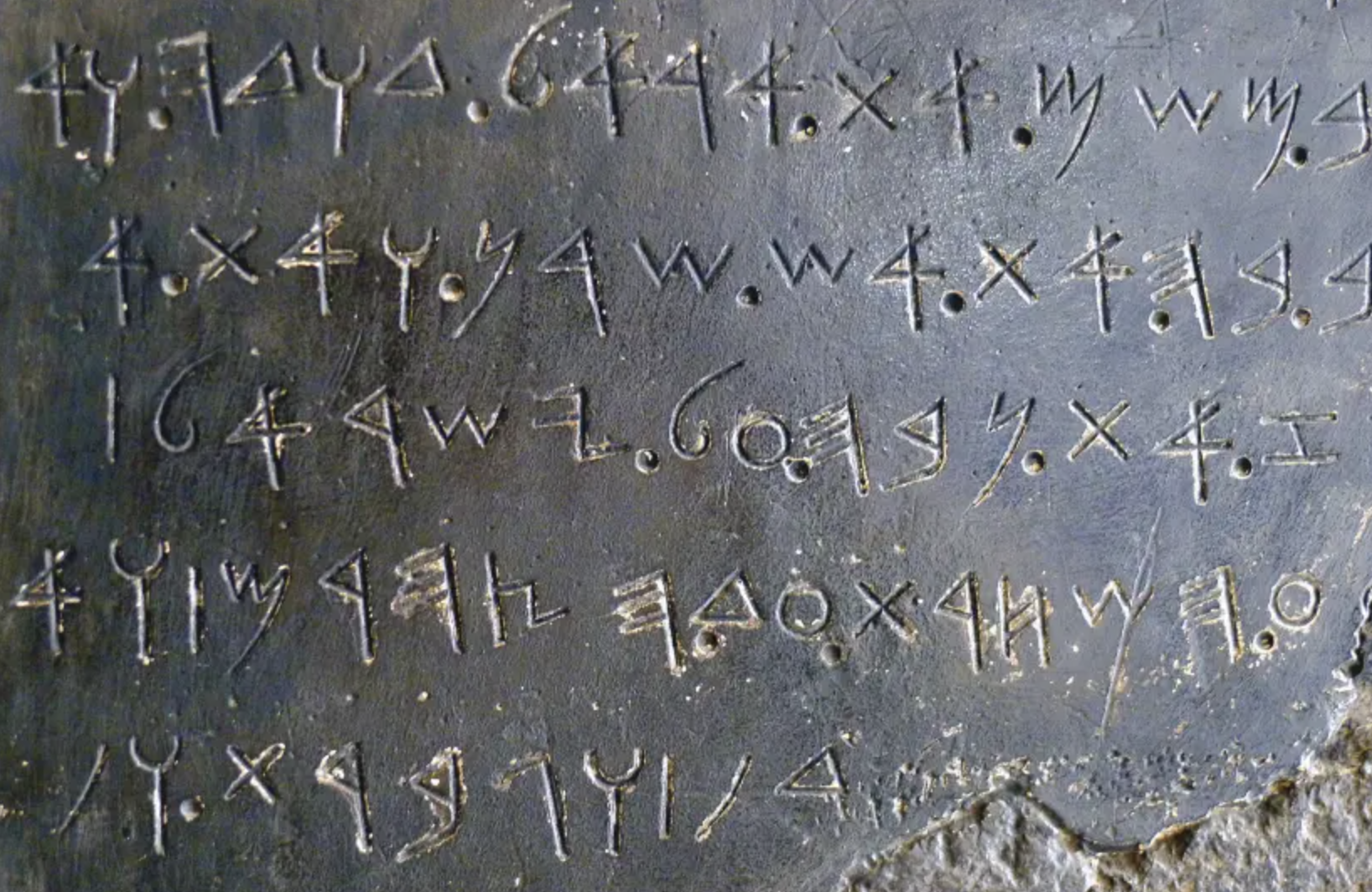
Written records of biblical King David discovered by researchers
The stele was discovered in fragments in 1868 roughly 15 miles east of the Dead Sea and currently resides in the Louvre museum in Paris.
The Mesha Stele, also called the Moabite Stone, is a basalt stone slab that has provided historians and linguists with the largest source of the Moabite language to date. Researchers have only now been able to verify with a considerable degree of certainty that the stele contains explicit references to King David.
The stele was discovered in fragments in 1868 roughly 15 miles east of the Dead Sea and currently resides in the Louvre museum in Paris. While it was damaged in 1869, a paper-mache impression of the inscription was captured before the damage occurred.
The slab is etched with a lengthy account of King Mesha of Moab going to war with Israel. The events described correspond, albeit imprecisely, with a similar account in 2 Kings chapter 3.
Read more: The Jerusalem Post
